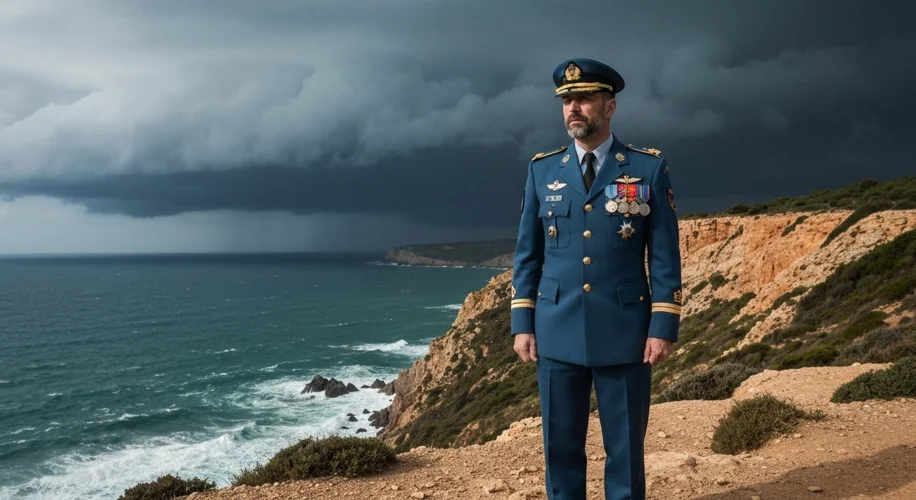In a move that sent ripples across the international stage, Spain’s Prime Minister, on September 8th, 2025, announced a complete cessation of arms exports to Israel. The declaration was stark and unequivocal: “We cannot supply weapons to a country that is committing what appears to be genocide against the Palestinian people.” This decision, rooted in a deep moral reckoning, signals a significant shift in Spain’s foreign policy and raises profound questions about international responsibility in times of conflict.
The historical backdrop to such a decisive stance is complex and fraught with the echoes of past atrocities. Spain, having itself endured periods of brutal conflict and oppression, including the devastating Spanish Civil War and the subsequent Franco dictatorship, carries a deep-seated sensitivity to human suffering. The memory of violence, displacement, and the systematic targeting of populations is woven into the fabric of Spanish national identity. This historical consciousness, coupled with a strong tradition of advocating for human rights and international law, likely informed the Prime Minister’s firm declaration.
The immediate catalyst for this embargo, as articulated by the Spanish government, is the escalating humanitarian crisis in Gaza. Reports and images emerging from the region, detailing widespread destruction, civilian casualties, and a severe lack of essential resources, have fueled international outcry. For Spain, these events were not merely distant news items; they represented a clear and present violation of humanitarian principles, compelling a forceful response. The accusation of “genocide” is not made lightly; it invokes the darkest chapters of human history and underscores the gravity with which Spain views the ongoing situation.
Key to understanding this decision are the perspectives of those who championed it. Prime Minister Pedro Sánchez, a vocal critic of Israeli actions for some time, framed the embargo not as an act of aggression against Israel, but as a necessary step to uphold international law and protect civilian lives. His administration’s public statements have consistently emphasized the need for accountability and a just resolution to the Israeli-Palestinian conflict. This position, however, has not been without its detractors. Critics, including some within Spain and its international allies, argue that such an embargo could jeopardize diplomatic relations, embolden adversaries, and potentially undermine collective security efforts.
On the other side of the debate, many ordinary citizens, human rights organizations, and academics have lauded Spain’s move as a courageous moral stand. They point to international humanitarian law, such as the Geneva Conventions, which prohibit the transfer of weapons if they are likely to be used to commit grave breaches of these conventions. For these supporters, Spain’s action is a testament to its commitment to universal values, a refusal to be complicit in perceived atrocities, and a beacon of hope for those advocating for peace and justice.
The consequences of this arms embargo are likely to be far-reaching. For Israel, it represents a diplomatic setback and a challenge to its international standing, particularly from a European nation with a historically strong relationship with the Jewish state. It may also encourage other nations to reconsider their own arms sales policies. For the Palestinians, the embargo is seen by many as a vital expression of solidarity and a potential lever for change. Beyond the immediate geopolitical implications, Spain’s decision could invigorate broader global discussions on the ethics of arms trade, the responsibility of states to prevent mass atrocities, and the role of international law in contemporary conflicts.
Looking beyond the immediate headlines, Spain’s arms embargo on Israel is more than just a policy shift; it is a profound statement of values. It forces us to confront uncomfortable truths about complicity and conscience. In a world often characterized by complex geopolitical maneuvering, Spain’s resolute stand, however controversial, serves as a powerful reminder that history is not merely a record of events, but a continuous negotiation of our shared humanity. It asks us all: where do we draw the line when faced with the unspeakable?

